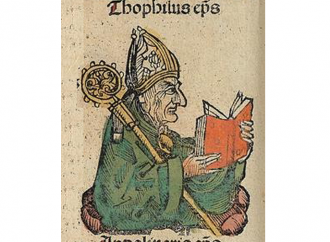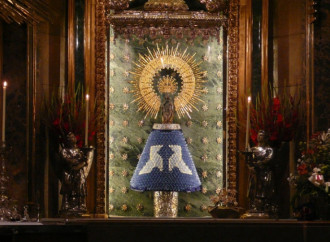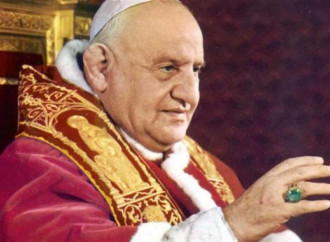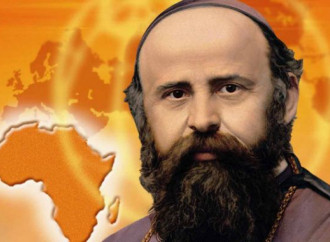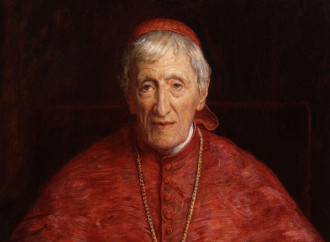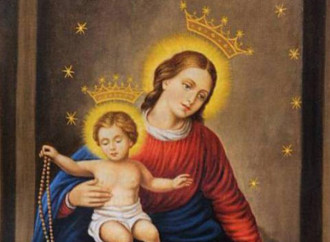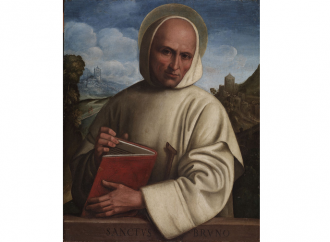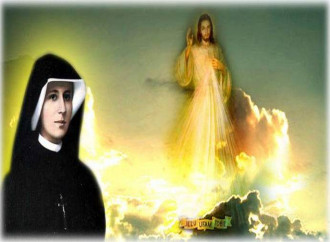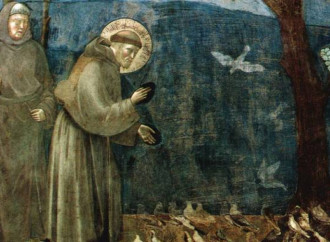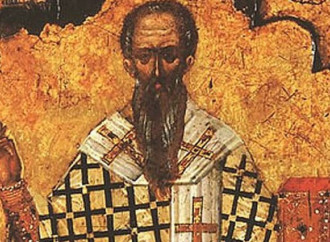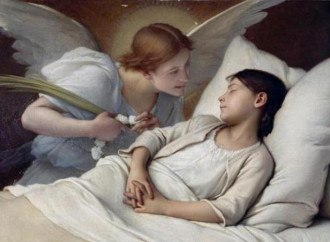St Theophilus of Antioch
A thorough reading of the Holy Scriptures encouraged his conversion. He made a great contribution to Christian apologetics
Our Lady of the Pillar
The Blessed Virgin appeared to the Apostle James during her earthly life on the night of 2 January 40. James was praying on the banks of the river Ebro and pleading for Mary's intercession for the success of evangelisation in Spain.
Saint John XXIII
He grew up with great devotion to the Blessed Virgin, also thanks to his closeness to the Shrine of Our Lady of the Woods, which he called “the smile of my childhood, the safekeeping and encouragement of my priestly vocation”.
Saint Daniel Comboni
He had the idea of “saving Africa with Africa”, the true heart of his project.
Saint John Henry Newman
His liturgical memorial is celebrated today for a very special reason...
Saint Felix of Como
He was consecrated by Saint Ambrose, who sent him to evangelise the municipium of Como, as a testimony to the great missionary drive of the Church of Milan in that particular historical phase.
Blessed Virgin Mary of the Rosary
The Rosary experienced an extraordinary surge in the 13th century thanks to the Dominicans. The Fatima apparitions then raised awareness of the importance of the Rosary in God's saving plan as a weapon against Satan
Saint Bruno
The hermit life was his heaven on earth. It allowed him to meditate on God and enjoy “a peace that the world does not know, favourable to the joy of the Holy Spirit”
Saint Mary Faustina Kowalska
“Your great trust in Me compels Me to grant you continuous graces”, she heard Jesus say. He called her “Secretary of My Mercy”
Saint Francis of Assisi
He was a radical witness to the Gospel, to the love of God in the first place
Saint Dionysius the Areopagite
The Acts of the Apostles mention Dionysius in the famous passage on Paul's speech at the Areopagus
Holy Guardian Angels
Speaking of the help of angels, the Catechism affirms a comforting truth: “From its beginning until the hour of death, human life is surrounded by their protection and intercession” (CCC 336).
